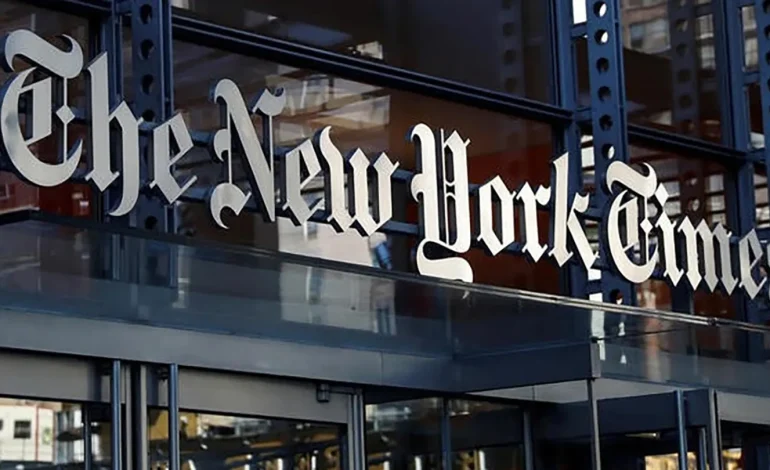A federal judge has ruled that the New York Times’ lawsuit against OpenAI over alleged copyright infringement can proceed, rejecting the tech company’s attempt to have the case dismissed, FOX Business reports.
Judge Sidney Stein of the Southern District of New York denied OpenAI’s motions to dismiss the direct and copyright infringement claims brought by the New York Times. The ruling also applies to co-plaintiffs The New York Daily News and the Center for Investigative Reporting, allowing them to continue pursuing their case.
While the judge narrowed the scope of the lawsuit, he also refused to dismiss state and federal trademark dilution claims made by the Daily News. Stein stated that a formal opinion explaining the ruling would be issued “expeditiously.” No trial date has been set.
The New York Times first filed the lawsuit in 2023, accusing OpenAI and its major financial backer, Microsoft, of unlawfully using the newspaper’s content to train AI models like ChatGPT. The lawsuit claims:
OpenAI copied millions of copyrighted articles, investigations, opinion pieces, and guides from the Times.
The company prioritized Times content in training its models, recognizing its value.
OpenAI and Microsoft have profited significantly, with Microsoft’s AI-driven growth contributing to a $1 trillion increase in its market capitalization over the past year.
The plaintiffs argue that OpenAI’s use of their content without compensation has been highly lucrative. Steven Lieberman, an attorney representing the publishers, stated:
“We appreciate the opportunity to present a jury with the facts about how OpenAI and Microsoft are profiting wildly from stealing the original content of newspapers across the country.”
OpenAI has defended its data practices by citing fair use, a legal doctrine that allows limited use of copyrighted material under certain conditions. In a statement, an OpenAI spokesperson emphasized:
“We build our AI models using publicly available data, in a manner grounded in fair use, and supportive of innovation.”
The company also welcomed the dismissal of some claims in the lawsuit and highlighted its collaborations with publishers, offering tools to control how their content interacts with AI models.










The latest news in your social feeds
Subscribe to our social media platforms to stay tuned